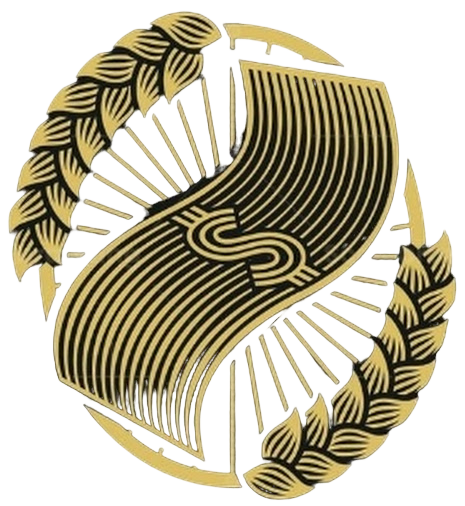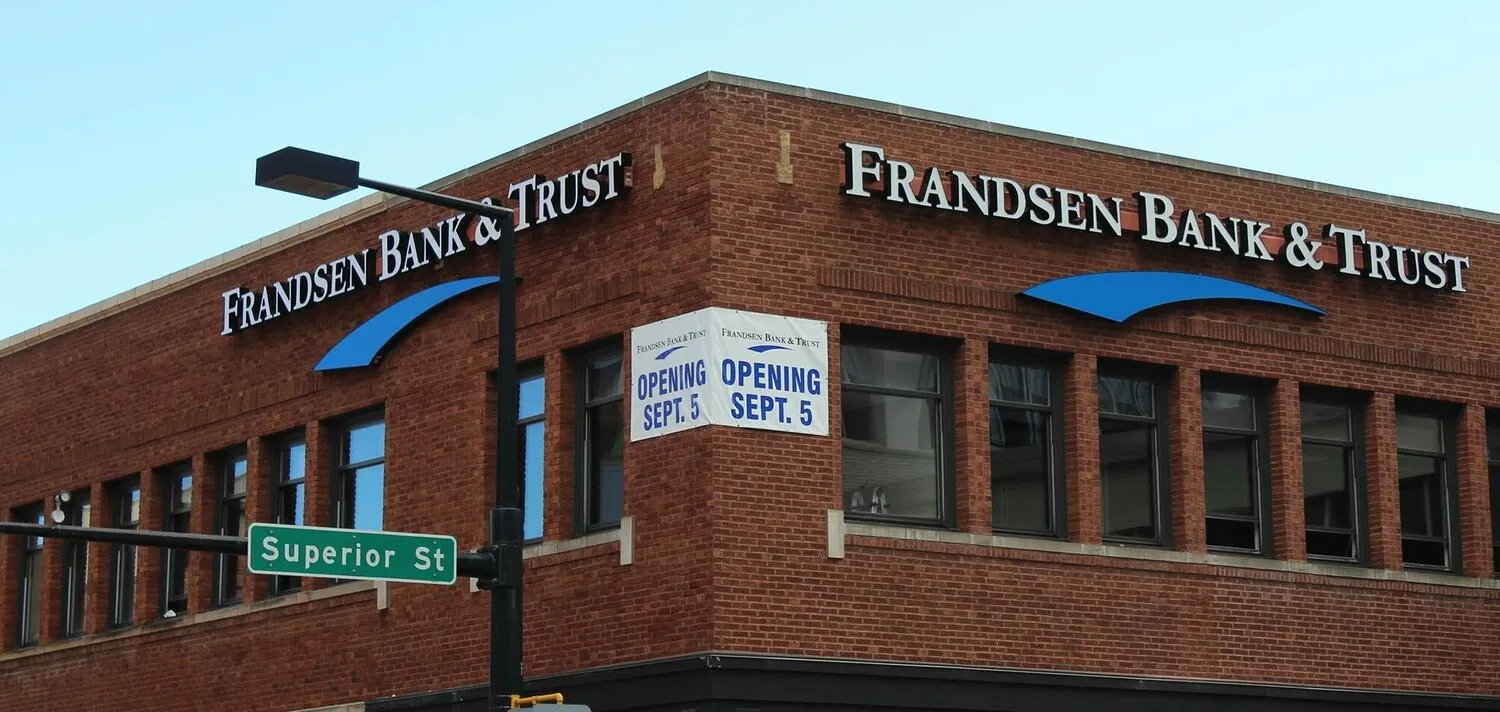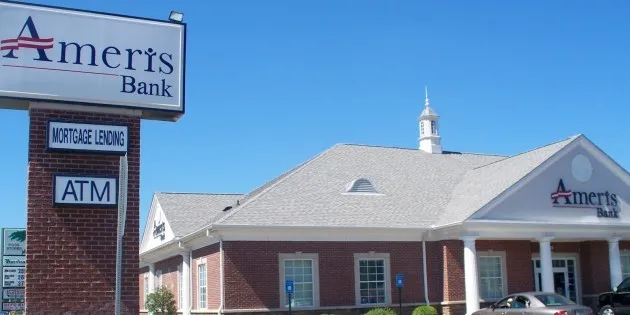Credit unions vs banks, safe to say they go together about as well as peanut butter and jelly — or maybe peanut butter and pickles, if that’s more to your taste. So which is the better pocket to fill with your money sandwich? Let’s break it down simply!

If you want to know where the best place to keep your money is right now, you are not alone. One may be “To bank or to credit union?” It might appear confusing to start, but don’t worry.
And here on the blog, we are going to explain everything in a very simple way so you can understand. We’ll discuss how banks and credit unions function, how they differ, and which one may suit you better.
What is a Bank?
A bank is a place where people can save their money safely. Banks offer services like:
- Savings accounts
- Checking accounts
- Loans
- Credit cards
Banks are businesses, not charities; their job is to make money. They accomplish this by lending money at fees and interest. The money they earn winds up in the pockets of those who own the bank, who are known as shareholders.
What is a Credit Union?

A credit union does much of what a bank does. You can:
- Save money
- Open checking accounts
- Get loans
- Use debit and credit cards
But there is a significant difference: credit unions are nonprofit. They are owned by their members, that is, you, if you join one. The money the credit union makes is returned to members in the form of lower fees and better rates.
How to Join a Credit Union
You typically have to meet specific rules to become a member of a credit union. For example:
- You may even need to reside in a particular location
- Work at a certain job
- Go to a certain school
- Be part of a group or club
Some credit unions are available to many people, and some are more restricted.
Banks Versus Credit Unions
You go to a bank or a credit union to manage your money. You can open checking and savings accounts and borrow money and use credit or debit cards at either. But they are not the same.
A bank is, after all, a business, and, like any good business, it wants to make money. This is owned by a bunch of guys,” he wrote, referring to the people called shareholders, none of whom were customers.
Banks profit by taking fees and interest on loans. That’s money that is going to shareholders, not customers. A credit union, by contrast, is a non-profit organization owned by its members.
If you become a member of a credit union, you own a piece of it. Credit unions don’t seek to generate large profits. Instead, they use excess cash to offer lower loan rates, pay higher interest on savings deposits, and charge fewer fees.
Banks tend to be larger, with more branches and ATMs and better mobile apps. Credit unions may not be physically large but often provide more personal service and care about the community you live in.
You usually have to belong to a certain club, neighborhood, or job to join a credit union. Banks are open to everyone.
Do Banks Give Loans Like Credit Unions?

Yes, loans are available from both banks and credit unions. But credit unions tend to offer lower interest rates. You pay less money back over time, it means. So unless you’re seeking a car loan, personal loan, or mortgage, a credit union might save you money. This comes to:
1. Savings and Checking Accounts in banks, as they may charge monthly fees
2. They frequently come with low interest rates
3. Credit Unions often have free checking as they provide better interest (known as dividends) on savings
4. When it comes to customer service, many say credit unions provide better service. Because you belong, they make you feel like family. Banks might seem more businesslike or impersonal.
5. There’s technology and apps, as the banks tend to have the better apps and the more polished web,” he said, because they have more money to spend on tech. But the credit unions are coming on strong!
For convenience and location, there are a lot of banks and ATMs. Credit unions might not have as many branches, but they often belong to a shared network of ATMs, which you can use for free.
Do Banks Offer Business Accounts?
Of course! Banks provide a wider range of choices for large business accounts. But plenty of credit unions are fantastic for small-business financing. One must be ready to submit to:
1. Fees
Banks often charge more fees:
- Maintenance fees
- Overdraft fees
- ATM fees
Credit unions tend to charge less, or lower, fees. The best customers are people who travel a lot, those who want advanced mobile apps, run large businesses, and even need 24/7 service.
Final Thoughts
There is no “one size fits all” answer. Banks versus credit unions, as both types of institutions have their advantages. What’s really important for you to do?
Tech? Low fees? Personal service? Travel? And pick the lifestyle that suits you. And of course, feel free to swap or to use both. Happy banking (or, you know, credit union-ing)!





